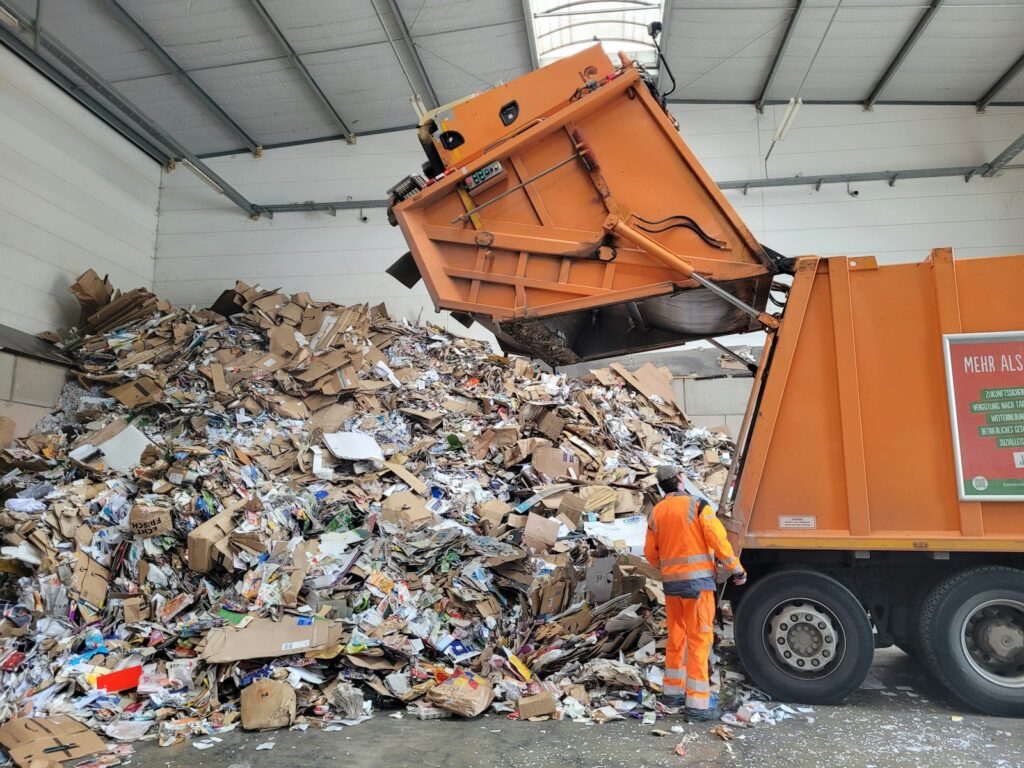UK recycling is at ‘tipping point’, according to a report, which says the country will fall short of its 2035 recycling targets by more than a decade.
Packaging firm DS Smith, who published the report, blamed ‘chronic underinvestment’ in recycling infrastructure which is being compounded by new consumer behaviours around online shopping.
The UK is now the third largest B2C e-commerce market in the world, with around 18% of all retail sales in the UK now made online, meaning that 1.9 billion parcels are currently delivered directly to doors across the UK annually. Within 10 years it’s expected that the number of parcels will have grown by over 50%.
The report argues that the current ‘creaking recycling infrastructure’ was designed in a pre-e-commerce era and badly needs investment before it reaches overload.
The UK is currently the 16th best recycling nation in the world, with a recycling rate of 45.2%, which has stagnated in recent years and is well below the EU’s target of 50% by 2020 and 55% by 2025.
Jochen Behr, head of recycling at DS Smith, said: ‘The Tipping Point report makes for uncomfortable reading and our research demonstrates just how close our bins are to overflowing.
‘We see a system that doesn’t consider the volume of today’s recycling, infrastructure which could be close to breakdown and a number of local authorities looking to adopt the cheapest waste treatment rather than improving the quality of collected dry recyclables.
‘It creates a compelling case for joined-up, systemic change on how the UK deals with waste and recyclables.’
A YouGov poll commissioned by DS Smith revealed that 49% of UK adults admitted they ‘could do more’ recycling than they currently do and only 18% feel well informed about what they can recycle.
There are over 300 different council recycling systems across England and DS Smith say the lack of consistency, recycling labelling confusion and the throw-away single-use culture in cities are some of the key triggers leading to the low numbers.
Figures released by Defra last month, paint an uneven picture of England’s recycling rates across different local authorities.
London borough Newham earns the dubious accolade of the worst area for recycling in England, with a rate of just 14%. Residents of the East Riding of Yorkshire, however, came out on top, with 64% of their household waste being recycled.
















